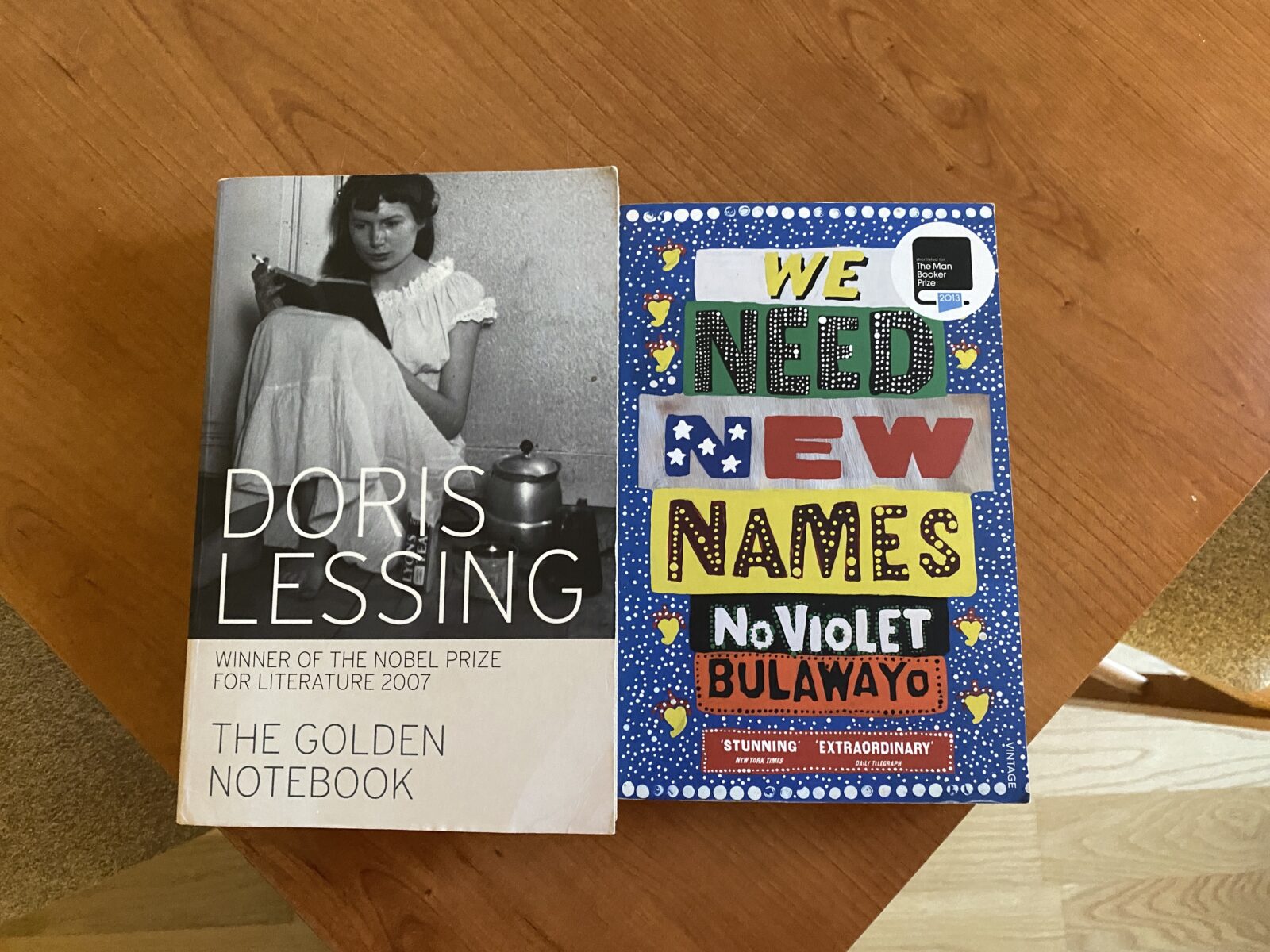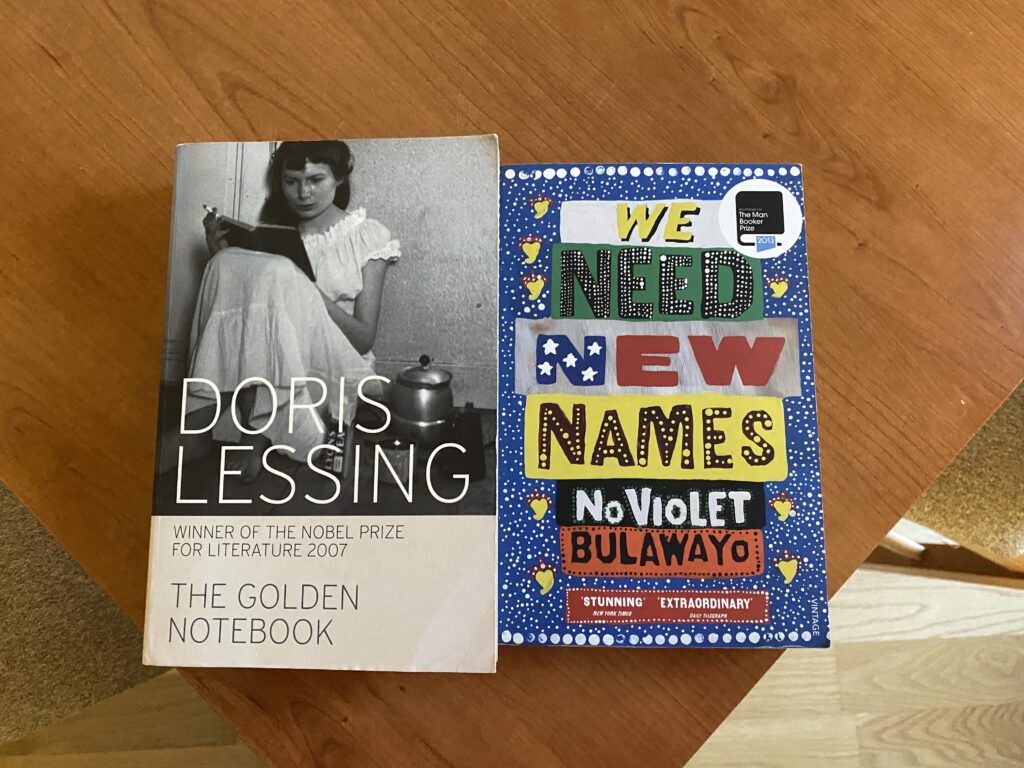The Golden Notebook, Doris Lessing
This is a book that has been on my TBR for years, and I finally decided I did not want another year to pass without having read it. In it, Lessing describes the life of Anna, a single mother living in 1950s London who is an accomplished writer but yearning for something deeper. She has divided her writing into four journals: a red one for her political life, a blue one for her personal life, a black one for her writing life, and a yellow one for her emotional life. Not wanting to admit she is struggling from writer’s block, she tells her therapist that she simply never wants to write again because there is no point to it. Her descriptions of her feelings of helplessness at the violence in the world and the impossibility of making the world a better place hit home in a way that I know we are all familiar with today. The novel portrays a woman as a full human being, one who lives her life like she wants to without much concern for gender or societal stereotypes, and who says as much — she often bemoans the status of women in her society and questions why it is that women are subject to all sorts of things that men aren’t — and was proclaimed feminist upon its publication, something that Lessing herself rejected; she maintained it was simply a description of a woman living in 1950s London struggling with things we all struggle with from time to time. It is not surprising that the novel has been labeled as feminist; one only has to think about how many novels focused solely on women and their interior monologue to realize that they were few and far in between at that time. The Golden Notebook is Lessing’s masterpiece, and though a book of its time, with descriptions of colonialism and the like that have aged rather poorly, should be considered as such.
We Need New Names, NoViolet Bulawayo
This book is Bulawayo’s first novel, and I actually was planning on reading another of hers, Glory, before stumbling across We Need New Names in a bookstore in Agadir. It follows the story of Darling, a girl growing up in a shantytown in Zimbabwe, and her band of friends who go around stealing mangos from the rich neighborhood in town to stave off hunger. The reader sees everything through Darling’s eyes: childlike, innocent, and above all, plaintive in her questioning of why life has to be like this, so hard all the time. She eventually moves to the US to live with her aunt in Michigan and discovers that living in the US comes with its own set of unique problems, especially considering that she has no legal papers. Bulawayo once again lays out the situation of immigrants without documentation in a stark and glaring way, letting the reader feel Darling’s pain at not being able to return home – maybe ever. These portrayals of life in the US are important now more than ever as politicians try to convince their constituents that immigrants are a problem when in reality, the problem is their racist and xenophobic “beliefs.”

